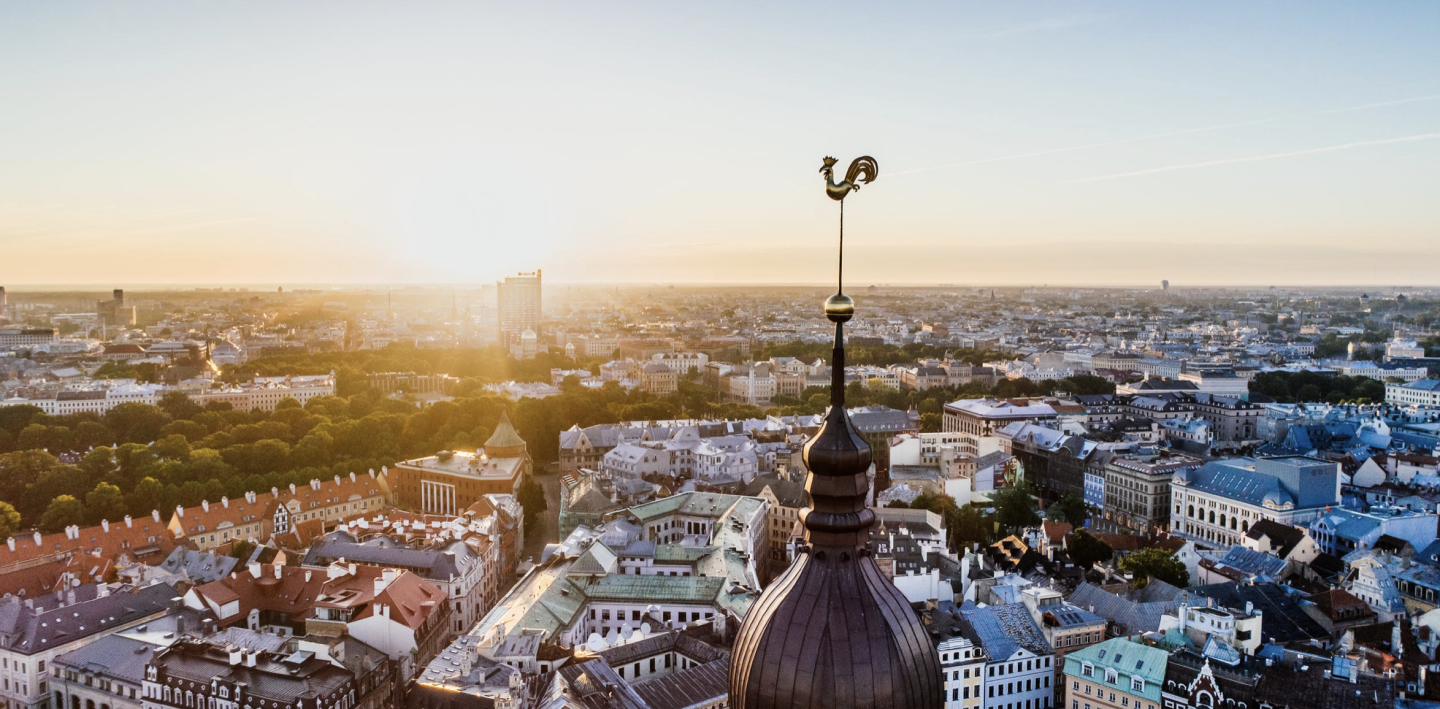MESTRI-CE: Enhancing Building Renovation Processes
As in previous round tables, the event began with a brief presentation of the MESTRI-CE project, emphasizing its core objective: to enhance the process of preparing and developing projects for energy and comprehensive building renovations—both from a technical and financial perspective. This initiative plays a crucial role in supporting the transition to more energy-efficient and sustainable buildings across Central Europe.
Key Sustainability Indicators for Long-Term Impact
During the discussion, stakeholders identified the most critical criteria and indicators that contribute to the long-term sustainability of the building stock:
- Energy (primary and final energy use) – Essential for reducing carbon footprints and improving overall energy efficiency.
- Emissions – A crucial factor in achieving carbon neutrality and meeting climate targets.
- Materials (use of recycled and renewable materials) – Key for promoting circular economy principles and reducing environmental impact.
- Water – Important for conservation and efficient resource management.
- Adaptation and resilience to climate change – Ensuring buildings remain functional and sustainable in the face of changing climate conditions.
- Health & Comfort – Directly influencing occupant well-being and overall indoor environmental quality.
Challenges in Assessment Methodologies
A significant part of the roundtable discussion focused on the challenges related to assessing these indicators. Participants pointed out that some criteria are not yet widely recognized or implemented due to gaps in regulations. For instance:
- Life-Cycle Global Warming Potential (GWP) – Not yet incorporated into Croatian building regulations, requiring further transposition.
- Smart Readiness Index (SRI) – Currently in the testing phase and not fully integrated into standard assessment practices.
Moving Forward
The insights from this roundtable reinforce the importance of well-defined sustainability indicators and the need for a comprehensive regulatory framework that integrates these criteria into national and EU policies. By addressing assessment challenges and enhancing awareness among building professionals, MESTRI-CE continues to drive progress in sustainable building practices.
A big thank you to all participants for their valuable contributions! Together, we are shaping a greener and more resilient built environment for the future.
